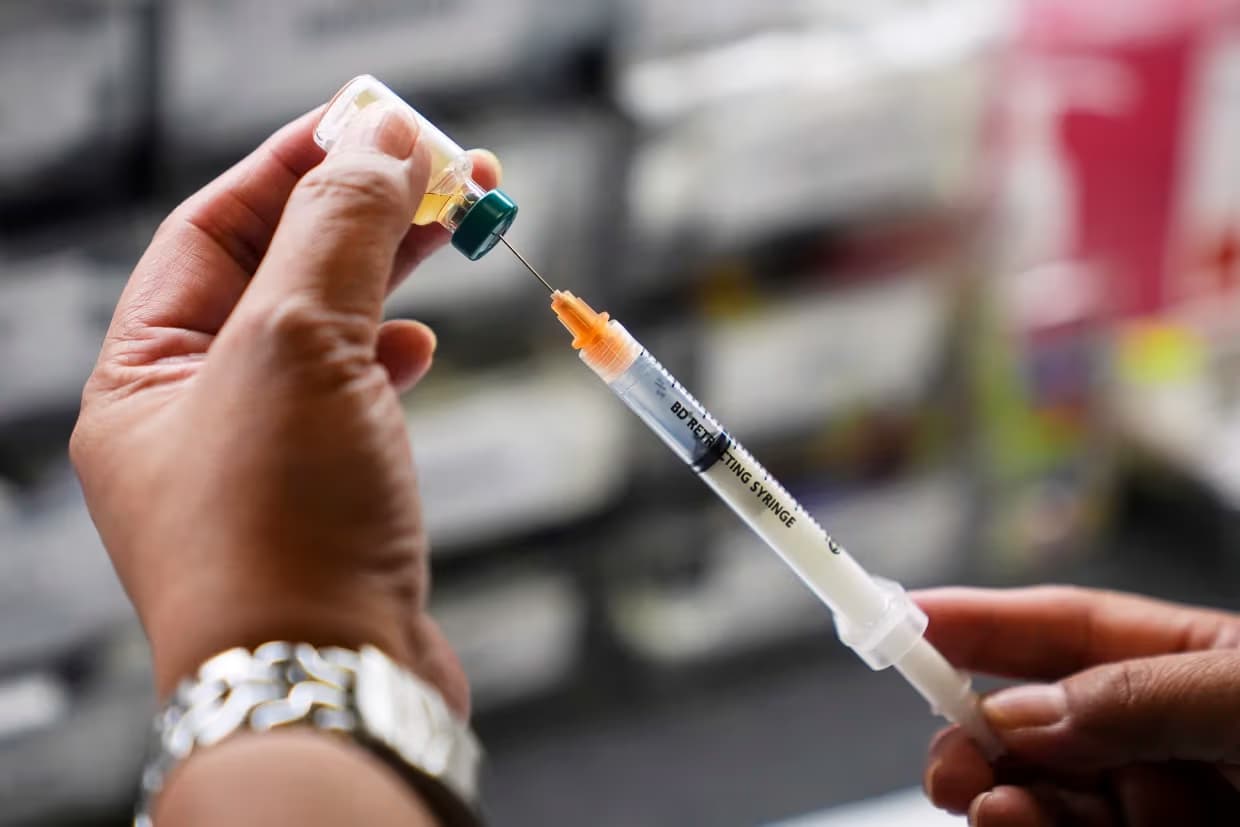We're loading the full news article for you. This includes the article content, images, author information, and related articles.
A Nairobi man has moved to court to compel a private hospital to release the bodies of his wife and their stillborn child over an outstanding KSh 2.6 million medical bill, highlighting the ongoing challenge of body detention in Kenya despite recent landmark rulings.

Geoffrey Imende Otiende, a bodaboda rider in Nairobi, has filed a lawsuit against Westlands General and Specialist Hospital, seeking the immediate release of his wife, Doreen Namabuna, and their stillborn child. The hospital is allegedly holding the bodies due to an unpaid medical bill amounting to KSh 2.6 million. Otiende, who states his monthly income is approximately KSh 25,000, argues that the detention is illegal and a violation of public policy, which dictates that bodies should be laid to rest promptly due to health risks.
Doreen Namabuna passed away on Sunday, September 29, 2025, after developing complications related to childbirth. She had suffered a stillbirth on Tuesday, September 17, 2025. Following her death, both bodies were transferred to Chiromo Funeral Home, which partners with Westlands General and Specialist Hospital. The funeral home requires a burial permit before releasing any body to the family, which the hospital has reportedly withheld until the bill is cleared.
This case emerges against a backdrop of recent landmark rulings by the Kenyan High Court that have declared the detention of bodies over unpaid medical bills unlawful and unconstitutional. On Monday, September 29, 2025, Justice Nixon Sifuna, in a separate case, explicitly ruled that such practices violate human dignity and that there is no legal provision granting hospitals the right to hold bodies as collateral for debt. The court ordered Mater Hospital to release a body held for nearly two months over a KSh 3.3 million bill, directing the hospital to pursue the debt through lawful recovery procedures.
The Kenya Medical Practitioners and Dentists Council (KMPDC), the regulatory body for medical and dental practice in Kenya, has also consistently affirmed that detaining bodies to compel payment is illegal and a violation of human dignity. The KMPDC has directed facilities to release bodies and pursue outstanding bills through lawful debt recovery mechanisms.
The Kenyan Constitution, 2010, and the Health Act, 2017, enshrine the right to the highest attainable standard of health, including access to healthcare services and emergency treatment, regardless of the ability to pay. However, the cost of private healthcare in Kenya can be substantial. For instance, a normal delivery in a private hospital can range from KSh 40,000 to KSh 130,000, while a Caesarean section can cost between KSh 100,000 and KSh 260,000. Some private hospitals, like Nairobi West Hospital, list Caesarean delivery packages ranging from KSh 238,000 to KSh 318,000.
Stillbirths remain a significant concern in Kenya, with a reported rate of 19 stillbirths per 1,000 total births, according to the Partnership for Maternal, Newborn and Child Health. This rate is considerably higher than in high-income countries, where it stands at approximately 3 per 1,000 births. The Ministry of Health aims to reduce this rate to less than 12 per 1,000 by 2030.
Despite clear legal pronouncements, the practice of detaining bodies over unpaid medical bills persists in some Kenyan hospitals. This raises questions about the enforcement mechanisms and the accountability of institutions that continue to flout court orders and regulatory directives. While Otiende managed to pay KSh 1.1 million of the bill, the hospital's insistence on full payment before releasing the burial permit highlights the systemic challenges faced by many Kenyans.
Justice Sifuna has directed Otiende's lawyers to serve the hospital with the application immediately, and the hospital is expected to file its response within two days. The case is scheduled for a hearing on Wednesday, October 22, 2025.
The outcome of Geoffrey Imende Otiende's case will be closely watched as it could further reinforce the legal precedent against body detention and potentially influence legislative efforts to explicitly outlaw this practice. The Solicitor General, Shadrack Mose, has urged Members of Parliament to amend the Health (Amendment) Bill, 2024, to make body detention a separate offense and extend emergency treatment obligations to private hospitals. This legislative push, coupled with ongoing court interventions, aims to ensure that grieving families are not subjected to further trauma during their most vulnerable moments.
Keep the conversation in one place—threads here stay linked to the story and in the forums.
Sign in to start a discussion
Start a conversation about this story and keep it linked here.
Other hot threads
E-sports and Gaming Community in Kenya
Active 9 months ago
The Role of Technology in Modern Agriculture (AgriTech)
Active 9 months ago
Popular Recreational Activities Across Counties
Active 9 months ago
Investing in Youth Sports Development Programs
Active 9 months ago